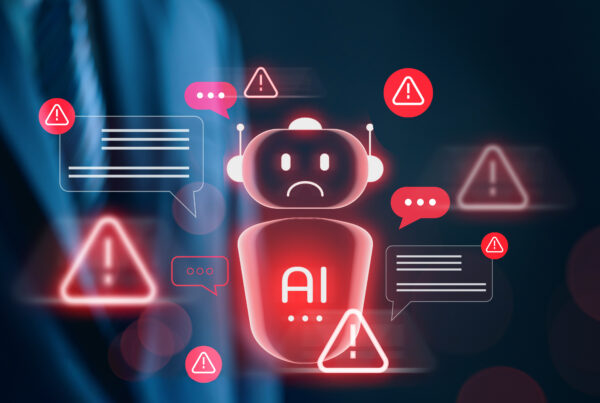What does it take for a modern energy producer to go from legacy systems and looming regulatory pressure to a security model built for resilience, compliance, and growth?
For Pacific Canbriam, the journey wasn’t about adding another tool—it was about rethinking the foundation of their OT security. Like many industrial organizations, they had to navigate the complex terrain of aging VPNs, flat networks, and an expanding ecosystem of third-party contractors. But they also had to do it fast—without disrupting operations or overburdening internal teams.

“Xage’s product is exceptional—it delivers the security our enterprise needs, allowing us to stay focused on what we do best. I can finally sleep at night knowing our environments are fully protected. Just as impressive is their support: from day one through every ongoing engagement, the Xage team has been incredibly responsive, reliable, and invested. It’s more than just a vendor relationship—it’s a true partnership every step of the way.”
Thayer Ramahi
Manager, IT
Pacific Canbriam Energy
From Risk Exposure to Operational Confidence
In this case study, we go behind the scenes with Pacific Canbriam to explore how they:
- Eliminated VPN-based access and replaced it with browser-native security controls
- Secured privileged credentials without compromising productivity
- Navigated complex provincial cybersecurity regulations and came out ahead
Qualified for cyber insurance—a first for their operations - Built a repeatable model for cyber hardening across critical infrastructure
And most importantly—they did it without pausing production or disrupting contractor workflows.
Why This Case Study Matters
Pacific Canbriam’s story is a powerful example of what’s possible when operational technology is treated as a first-class citizen in the security conversation. It’s about moving past patchwork fixes and toward a strategic, layered approach that actually scales.
Read the full case study here to learn what a real world Zero Trust deployment looks like in critical infrastructure—and how you can apply the same principles in your environment.









